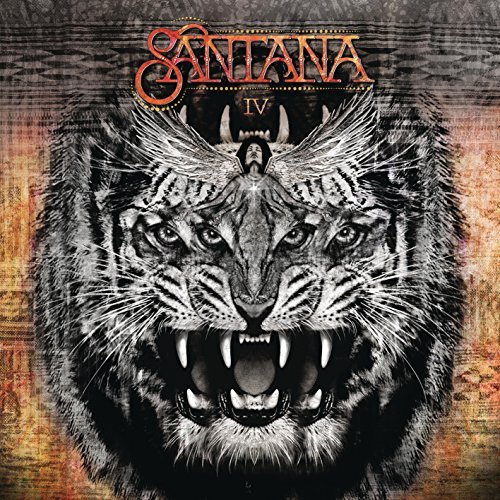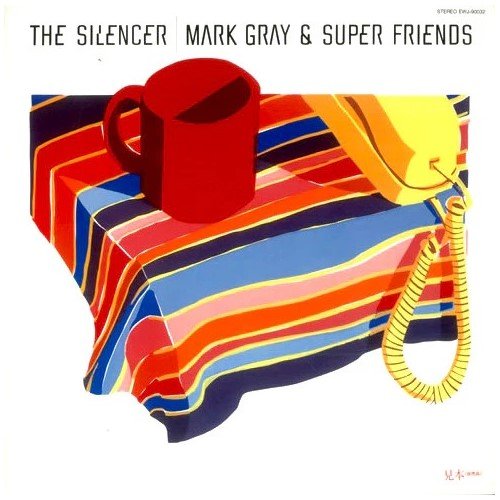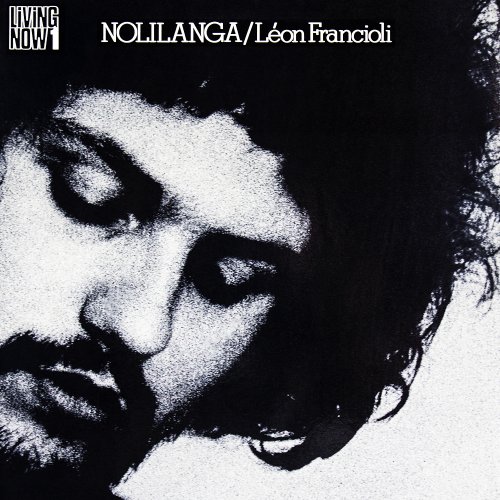Biff Rose - The Thorn in Mrs. Rose's Side (1968)
- 11 Oct, 13:06
- change text size:
Facebook
Twitter
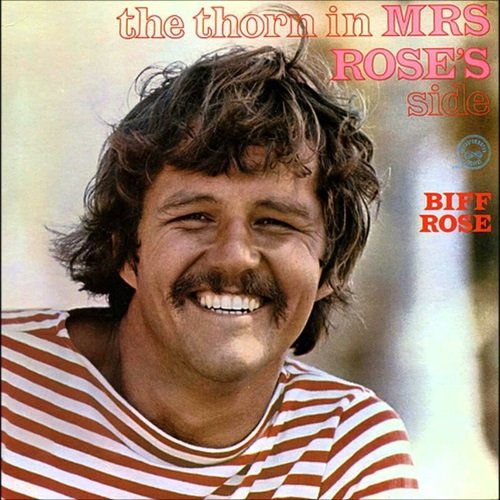
Artist: Biff Rose
Title: The Thorn in Mrs. Rose's Side
Year Of Release: 1968
Label: Mythological Records
Genre: Jazz, Pop, Folk, Rock
Quality: Flac (tracks)
Total Time: 35:08
Total Size: 190 Mb
WebSite: Album Preview
Tracklist:Title: The Thorn in Mrs. Rose's Side
Year Of Release: 1968
Label: Mythological Records
Genre: Jazz, Pop, Folk, Rock
Quality: Flac (tracks)
Total Time: 35:08
Total Size: 190 Mb
WebSite: Album Preview
01. Mama's Boy 2:56
02. Angel Tension 3:13
03. Fill Your Heart 3:14
04. Paradise Almost Lost (Poem) 5:22
05. Molly 4:15
06. The Stars 1:54
07. It's Happening 1:49
08. What's Gnawing at Me 3:14
09. Buzz the Fuzz 2:54
10. Gentle People 2:34
11. The Man 3:43
A songwriter, pianist, and comedian, Biff Rose was a cheerful anomaly in the rock & roll scene of the 1960s and '70s, a tunesmith whose music had more to do with classic stride piano than psychedelia or hard rock, and whose storytelling balanced whimsy and sentimentality against occasional bursts of surreal and deliberately confrontational humor. Rose had mild success as a recording artist -- his debut album, 1968's The Thorn in Mrs. Rose's Side, featuring two modestly successful singles, "Buzz the Fuzz" and "Warm Your Heart," was his most successful release -- but he fared better as a songwriter, and his tunes were recorded by artists as diverse as David Bowie, Tiny Tim, John Denver, and Pat Boone. He also earned a cult following as a performer and was a frequent guest on The Tonight Show with Johnny Carson in the 70s. In the '80s, Rose's public profile faded, but he kept performing, and in the 21st century he issued a steady stream of digital releases such as 2013's After Seven Come Eleven, 2015's Aunt Romulus and Uncle Remus, and 2017's The Gland Father.
Paul Conrad Rose III was born in New Orleans, Louisiana on October 15, 1937. Something of a prodigy, Rose was performing in talent contests by the time he was four years old, and took part in school theater. By the early '60s, Rose had relocated to New York City, and became a fixture on the Greenwich Village folk scene, playing bajo, singing songs, and cracking jokes; he attracted enough of a following that he was profiled in the New York Times in November 1964. After pulling up stakes and moving to Los Angeles, Rose landed a gig as a writer and performer on The Kraft Summer Music Hall, which ran for several months in 1966; the staff also included George Carlin and John Davidson. As Rose began appearing regularly at Los Angeles nightspots, he landed a contract with Tetragrammaton Records, a label co-founded by Bill Cosby, and his debut album, The Thorn in Mrs. Rose's Side, was released in 1968. It included the song "Warm Your Heart," which he wrote in collaboration with Paul Williams in a collaboration that soon turned contentious; the song would become Rose's best known copyright after it was covered by David Bowie on his 1971 LP Hunky Dory. (Tiny Tim also recorded it on 1968's God Bless Tiny Tim.) The LP also featured "Buzz the Fuzz," which briefly scraped the lower rungs of the Top 40 as a single, and "Molly," a sentimental tune that would be recorded by Pat Boone and John Denver.
Shortly after the release of The Thorn in Mrs. Rose's Side, Rose made his first appearance on The Tonight Show, and host Johnny Carson would make him a frequent guest on the show, booking him ten times between 1968 and 1970. He also appeared on The Smothers Brothers Comedy Hour and American Bandstand. Tetragrammaton issued Rose's second long player, Children of Light, in 1969, but the label went bankrupt in 1970. He soon signed a new deal with Buddah Records, who brought out Biff Rose in 1970, as well as reissuing the first two albums. Half Live at the Bitter End followed the same year, and it would be Rose's last album for Buddah; after recording Uncle Jesus, Aunty Christ for United Artists in 1972, Rose's major-label career would be over. In 1973, Rose played a string of dates at Max's Kansas City in New York City, where his opening act was an up-and-coming songwriter from New Jersey named Bruce Springsteen; David Bowie would also be spotted in the audience during this engagement.
Keeping himself busy as a live act, Rose cut a live-in-the-studio album with guitarist Wall Matthews, Hamburger Blues, which was released by a small, independent label based in Minnesota, Sweet Jane, in 1974. Rose would go four years without releasing an LP until Michael Nesmith (formerly of the Monkees) invited him to record an album for his Pacific Arts label, and 1978's Roast Beef was recorded in a single live session. A second Pacific Arts release, Thee Messiah Album/Live at Gatsby's, arrived in 1979. After that, live performing dominated Rose's career for the next 17 years, as well as a sideline in visual art. In 1996, Rose cut a new album for a small Oklahoma label, Fast Eddy Records, Bone Again, and in 2000, GoddessOne Publishing issued The Elizabethan Period, recorded with Elizabeth "Muggsy" Suggs. Throughout the next 23 years, Rose would release 21 albums online, some featuring archival material (such as The Simmer of Love/The Lover of Some, a collection of rare studio takes, and The Earl of Old Town, from a Chicago gig in 1977) and others containing new work, usually recorded spontaneously (such as 2011's The Beatnik Cafe, 2013's After Seven Come Eleven, and 2020's The Rose City Kurzweill/Alien Supremacy). Some of Rose's later releases, and material he posed on his website and social media pages, generated controversy as he often indulged in surreal humor based on racial, religious, and sexual stereotypes that offended some observers, though Rose and his defenders insisted it was intended as satire. In 2006, the British RPM label released the compilation Fill Your Heart with Biff Rose, which collected 18 songs recorded between 1968 and 1988. Biff Rose died at his home in Madison, Wisconsin on July 25, 2023; he was 85 years of age.
Paul Conrad Rose III was born in New Orleans, Louisiana on October 15, 1937. Something of a prodigy, Rose was performing in talent contests by the time he was four years old, and took part in school theater. By the early '60s, Rose had relocated to New York City, and became a fixture on the Greenwich Village folk scene, playing bajo, singing songs, and cracking jokes; he attracted enough of a following that he was profiled in the New York Times in November 1964. After pulling up stakes and moving to Los Angeles, Rose landed a gig as a writer and performer on The Kraft Summer Music Hall, which ran for several months in 1966; the staff also included George Carlin and John Davidson. As Rose began appearing regularly at Los Angeles nightspots, he landed a contract with Tetragrammaton Records, a label co-founded by Bill Cosby, and his debut album, The Thorn in Mrs. Rose's Side, was released in 1968. It included the song "Warm Your Heart," which he wrote in collaboration with Paul Williams in a collaboration that soon turned contentious; the song would become Rose's best known copyright after it was covered by David Bowie on his 1971 LP Hunky Dory. (Tiny Tim also recorded it on 1968's God Bless Tiny Tim.) The LP also featured "Buzz the Fuzz," which briefly scraped the lower rungs of the Top 40 as a single, and "Molly," a sentimental tune that would be recorded by Pat Boone and John Denver.
Shortly after the release of The Thorn in Mrs. Rose's Side, Rose made his first appearance on The Tonight Show, and host Johnny Carson would make him a frequent guest on the show, booking him ten times between 1968 and 1970. He also appeared on The Smothers Brothers Comedy Hour and American Bandstand. Tetragrammaton issued Rose's second long player, Children of Light, in 1969, but the label went bankrupt in 1970. He soon signed a new deal with Buddah Records, who brought out Biff Rose in 1970, as well as reissuing the first two albums. Half Live at the Bitter End followed the same year, and it would be Rose's last album for Buddah; after recording Uncle Jesus, Aunty Christ for United Artists in 1972, Rose's major-label career would be over. In 1973, Rose played a string of dates at Max's Kansas City in New York City, where his opening act was an up-and-coming songwriter from New Jersey named Bruce Springsteen; David Bowie would also be spotted in the audience during this engagement.
Keeping himself busy as a live act, Rose cut a live-in-the-studio album with guitarist Wall Matthews, Hamburger Blues, which was released by a small, independent label based in Minnesota, Sweet Jane, in 1974. Rose would go four years without releasing an LP until Michael Nesmith (formerly of the Monkees) invited him to record an album for his Pacific Arts label, and 1978's Roast Beef was recorded in a single live session. A second Pacific Arts release, Thee Messiah Album/Live at Gatsby's, arrived in 1979. After that, live performing dominated Rose's career for the next 17 years, as well as a sideline in visual art. In 1996, Rose cut a new album for a small Oklahoma label, Fast Eddy Records, Bone Again, and in 2000, GoddessOne Publishing issued The Elizabethan Period, recorded with Elizabeth "Muggsy" Suggs. Throughout the next 23 years, Rose would release 21 albums online, some featuring archival material (such as The Simmer of Love/The Lover of Some, a collection of rare studio takes, and The Earl of Old Town, from a Chicago gig in 1977) and others containing new work, usually recorded spontaneously (such as 2011's The Beatnik Cafe, 2013's After Seven Come Eleven, and 2020's The Rose City Kurzweill/Alien Supremacy). Some of Rose's later releases, and material he posed on his website and social media pages, generated controversy as he often indulged in surreal humor based on racial, religious, and sexual stereotypes that offended some observers, though Rose and his defenders insisted it was intended as satire. In 2006, the British RPM label released the compilation Fill Your Heart with Biff Rose, which collected 18 songs recorded between 1968 and 1988. Biff Rose died at his home in Madison, Wisconsin on July 25, 2023; he was 85 years of age.

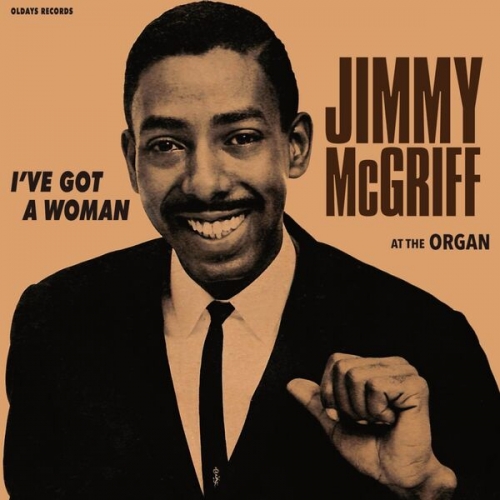
![Tal Farlow & Lenny Breau - Chance Meeting (1980) [1997] Tal Farlow & Lenny Breau - Chance Meeting (1980) [1997]](https://www.dibpic.com/uploads/posts/2019-03/1552736889_folder.jpg)
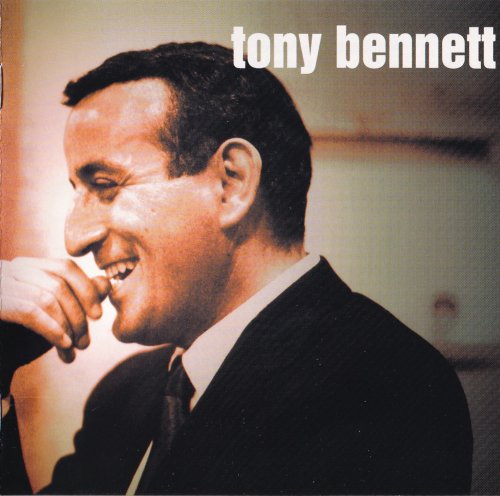
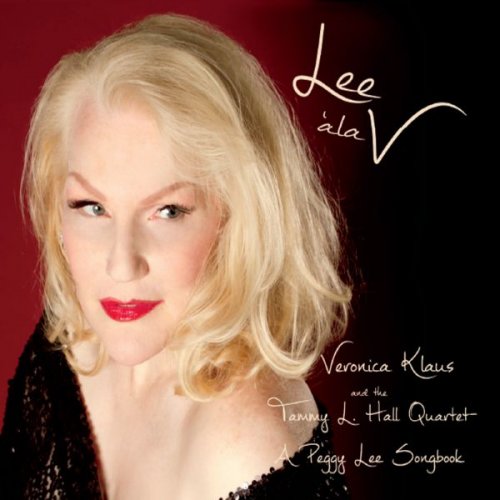
![The Dave Brubeck Quartet - Time Out (1959) [2022 DSD256] The Dave Brubeck Quartet - Time Out (1959) [2022 DSD256]](https://www.dibpic.com/uploads/posts/2026-01/1769324559_folder.jpg)
![Evan Hause - Cosmic Divan (2026) [Hi-Res] Evan Hause - Cosmic Divan (2026) [Hi-Res]](https://www.dibpic.com/uploads/posts/2026-01/1769363782_cover.jpg)
